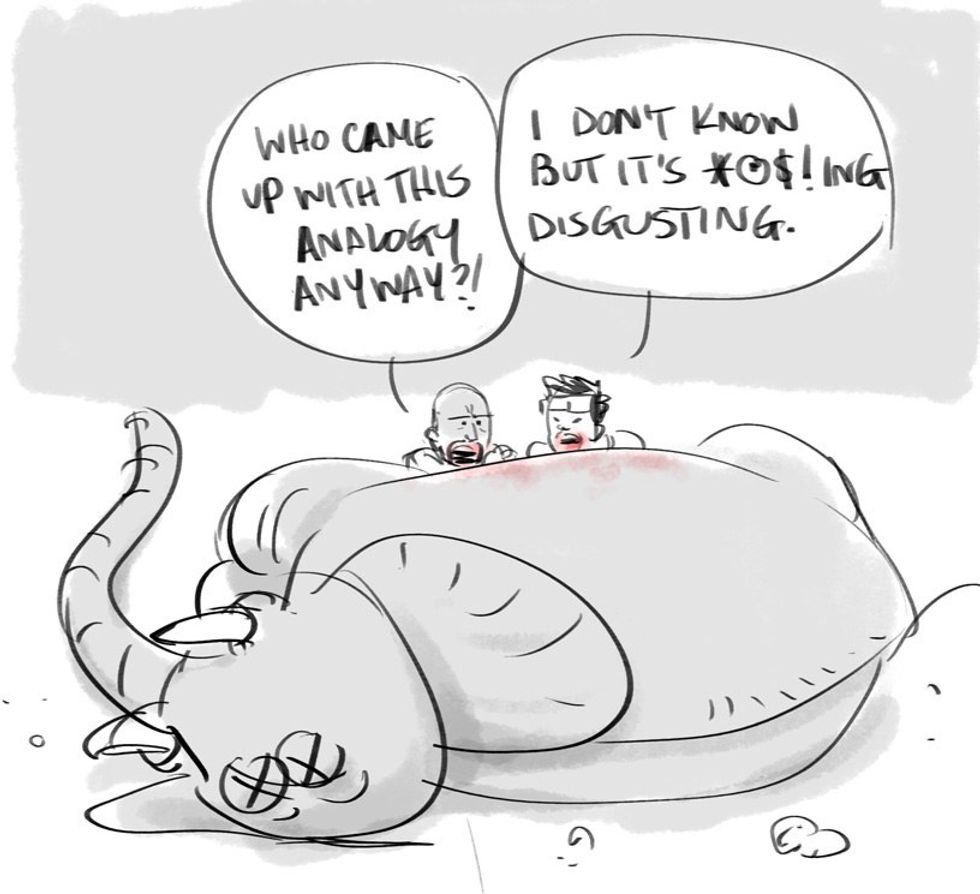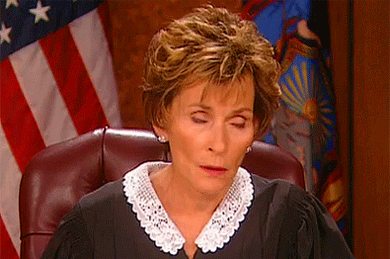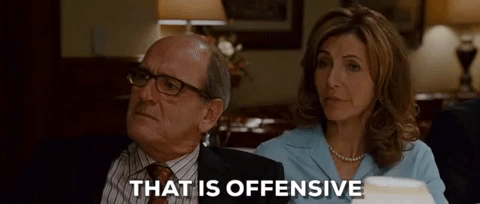Campus culture can be ruthlessly intimidating. Especially if you’re an incoming freshman. I can understand how easy it is to glorify the half-naked college girls featured on various “I’m Shmacked” pages. It’s easy to get caught up in the thrill of independence.
I was an unknowing pawn in the sinkhole that is college binge drinking. Blackouts were considered normal – it was just the culture. Looking back, hearing phrases like, "I don't want to remember tonight," are immensely concerning to me now. Not remembering as much as possible somehow equated into a "good night." My 18-year-old body, once strong, began to diminish after one year because of careless drinking and irresponsibility.
What’s a blackout?
The definition of a blackout is “alcohol-induced amnesia, wherein the person cannot recall some, or all of the events that occurred while she was intoxicated,” according to psychiatrist Dr. Linda Smith. And it’s more dangerous (and more common) than you think. Someone in a blackout can engage in activities, move about and make decisions – but not necessarily good ones. People report having engaged in various activities that they have no memory of, such as driving, spending money, fighting, participating in sexual acts, and vandalism.
It didn’t take long after my partying phase for me to get sick. I would get really, really sick. The brutal hangovers were enough to make me resentful towards any type of alcohol at the ripe age of twenty.
I study my old and current friends. I’m the odd one out, usually. A lot of them black out multiple times a week. I don't understand the appeal, but the mere thought of using Snapchat to tell me what I did the night before makes me uneasy.
And I hope you don't take my tone as being high and mighty - I am quite the opposite. Because of my unfortunate experiences with alcohol, I have chosen not to drink to excess and limit my drinking to once or twice a month. But because of this, I continue to feel isolated and ostracized. It turns out most people in college love partying (who knew?) With this being said, where does someone like me fit in?
I was at a local pop-punk show over the weekend when I spotted someone with a wholesome message on the back of their sweatshirt. It read, “IT’S OK NOT TO DRINK.” Underneath in smaller font were the words, “POSITIVE PEER PRESSURE.” Apparently, positive peer pressure is a movement that was rhetorically elevated from the term, “straight-edge.”
I was taken back. I instantly felt acceptance that I hadn't felt in years. Quitting drinking is not easy and there are many factors that weigh in to each individual. Just knowing that there was one person out there in the same timeline as me, dealing with the same battles I'm currently facing, gave me hope that it is possible to live a normal and healthy life booze-free.
Peer pressure had a solely negative connotation when I grew up. At programs like D.A.R.E. and public school health classes, we’re taught to avoid “peer pressure.” Avoiding peer pressure basically boiled down to “don’t hang around with shitty people.” And by “shitty people,” they meant kids who smoked, drank, or did drugs.
I’ve been around my fair share of “peer pressure” situations, and I think I’ve handled them pretty well. But when I went to this show, and was actually encouraged, in a positive light, that it’s absolutely okay to be sober, I felt good. I felt no judgement, compared to how I used to think about peer pressure.
Positive peer pressure is even being used to convince others to participate in their community, donate blood, even spread messages about safe sex. The idea is based off the idea that young people inspire other young people more than anyone else.
I strongly believe there needs to be change in campus culture. And I strongly believe that using positive peer pressure, like delivering wholesome messages to students, can sway college students away from this dangerous pastime.
(You can get "It's OK Not To Drink" sweatshirts here and support the movement!)



 Photo by
Photo by  Photo by
Photo by 
 Photo by
Photo by 






















